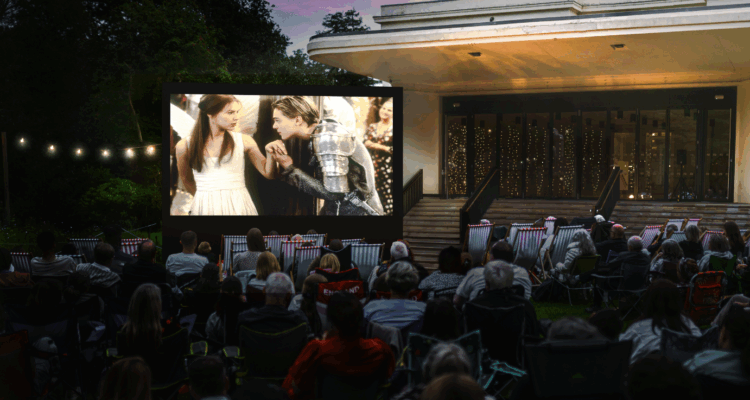We Need A New Language For Mental Health
The Reader is calling for a new language to talk about mental health, with senior health professionals, readers and writers discussing the idea in the opening session of the charity’s annual conference, ‘Shared Reading for Healthy Communities’ at the British Library on 16 May 2013.
Unlike the growing number of ‘Books on Prescription’ and ‘Bibliotherapy’ schemes, The Reader, which is commissioned by health services across the UK, has chosen not to limit the description of its model as ‘therapy’. Literature exists to address the human condition.
Jane Davis, The Reader's founder and director, says:
“Those medical words – prescription, therapy – which at first glance carry a medical imprimatur of seriousness, have largely come from the pharmaceutical and psychotherapeutic industries, and actually point to a re-positioning of the inner life as a problem to be solved by experts, by others.”
Working with health, library, education, adult social care services and other bodies, The Reader provided 92,400 unique shared reading experiences in 2012. The personalised model, which enables even non-readers to join in as everything is read aloud in the group, is now backed up with strong qualitative and quantitative evidence from researchers.
At the Royal Liverpool and Broadgreen University Hospitals NHS Trust in Liverpool, patients are currently taking part in a shared reading group as part of a chronic pain research project, the initial findings of which will be revealed at the conference.
Dr Andrew Jones, consultant in anaesthesia and pain medicine, at the hospital, says:
“Early indications are showing that the reading group is making a difference to people in our hospital but there is something intangible, a deeper impact beyond that, which we can’t measure using existing qualitative research methods.”
The conference will also explore how the benefits of the shared reading model extends beyond the traditional definition of ‘health’, addressing issues of reoffending, isolation, community cohesion, and reading for pleasure with young people.
A group member at HMP Wormwood Scrubs, said:
“The reading group has boosted my self-esteem and given me more self-confidence when I have discussions with staff and in general; it has encouraged me to read more in my spare-time, which has released a lot of stress off my shoulders as I have been suffering from depression.”
“Great literature connects people. There’s nothing more ancient, nor more deeply healing than that”, states Jane Davis.
“But we increasingly feel the pressure to talk about our work in medicalised terms - intervention, service, outcomes – terms which limit the power of what humanly it is that is making the difference. I want to find a new language, so that people don’t have to say, ‘I’m sick’, when they’re suffering the human condition.”
For more information on the ‘Shared Reading for Health Communities’ conference visit: www.thereader.org.uk/conference
Share
Related Articles

Open Air Cinema FAQ’s
If you were able to snap up tickets to our brand new Open Air Cinema, check below for any queries…

New Liverpool open air cinema brings movies to the Mansion
NEW FOR 2025: Eight handpicked films will hit the big screen in Calderstones Park this summer as national Shared Reading…

A breath of fresh air! This summer’s outdoor and cultural events at our Calderstones Park home
The Reader serves up a giant scoop of summer arts and entertainment from three special summer garden parties with special…


